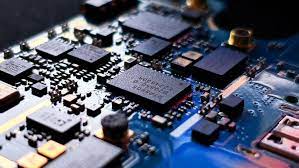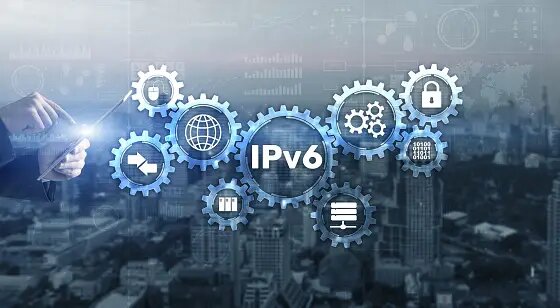Tips To Consider When Selecting A PLC Platform
Posted: 16-02-2022

If you are an engineering student, you have probably heard about PLCs, trip codes, and many other terms. This article will offer you tips to consider when selecting a PLC platform for production.
How to choose a PLC platform for production?
- Existing knowledge and infrastructure
- Location of facilities
- Capabilities of software environments
When selecting the PLC platform for a production environment, you must consider the following: existing knowledge and infrastructure, location of facilities, long-term goals, operating system capabilities, and budget.
1- Existing knowledge and infrastructure
If you have the infrastructure, you have likely set the standard for Programmable Logic Controllers, Machine-to-Man Interfaces (HMIs), and SCADAs. Regardless of the complexity of the existing system, people working in this area are familiar with the system and also know it well. Moving to various solutions, in addition to cost, also needs investing in education.
In addition, experienced professionals are aware of the changes in the system. Therefore, you should review the system before deciding to make any changes.
2- Location of facilities
As mentioned in the previous section, PLC and control systems manufacturers have a distribution network of systems, services, and system integrations. When selecting a system, it is essential to pay attention to their presence in your space to ensure that you can easily count on their support if needed. In addition, selecting the best location affects the existing talents for employment.
3- Capabilities of software platforms
The technical capabilities of each operating system differ between vendors and families of control systems. Check your features and make a list of essential needs. This list may want to support several high-speed product lines, systems integration, information integration and remote control, and many more.
Based on these requirements, you can exclude various options and restrict your search to just a few operating systems.
Where do we use the PLCs?
PLC has many applications in several industries. The oil and gas sector, power plants, steel industry, automotive industry, chemical industry and energy sector and consumption optimization, glass industry, paper industry, and even cement industry are just some of the many applications of PLCs. Even in the aerospace and travel industries. Also, PLCs are used to monitor the security control system and help to optimize the operation of elevators and escalators.
The use of PLC in situations such as power plants, energy and oil, and gas sectors may be more familiar and understandable to you.
Here are some uses for plc that may be unknown to you:
1-PLC in the glass industry
It is good to note that we have used PLC controllers in the glass industry for many years. Glass production is a complex procedure that a lot of companies have sought to use PLCs to automate this procedure. For example, for the production of glass, we use PLC to control the ratio of materials and to test flat glass. PLC technology has become a prominent and widely used technology in the glass industry during the past.
2-PLC in the paper industry
We use PLC in the paper industry. In this industry, PLC control machines help to produce paper products at high speed. For example, PLC monitors and controls the production procedure of books or newspapers pages in offset printing.
3-PLC in the cement industry
Simply, we produce cement by mixing several raw materials in a kiln. The quality of such raw materials and their combined ratio affect the quality of the final product. Therefore, accurate information such as measuring the quality of such materials and their ratio is of high importance and priority. And this information must be carefully watched and controlled. In the cement industry, PLCs are responsible for this duty.
To get additional information about the PLCs, visit the MRO Electric website.





